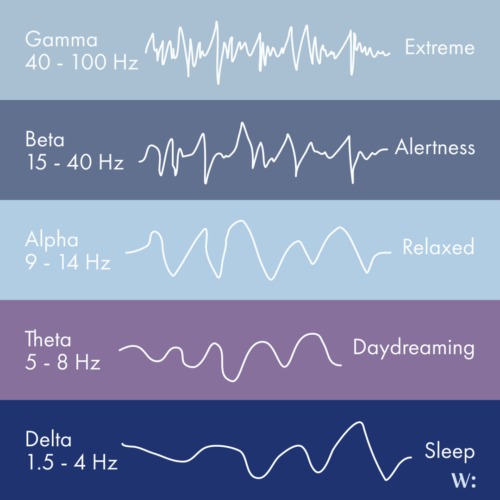No sweat is a brain threat. How a sedentary lifestyle affects your brain and what to do about it
"When you stimulate your body, your brain comes alive in ways you can't simulate in a sedentary position."

Twyla Tharp might be a choreographer, not a researcher, but the ideas from her quote ring through the scientific community. How our body and mind interact is a topic of a mind-bogglingly huge amount of research. Every year scientists from all over the world are cranking out tens of thousands of papers on physical activity, lack of it, and our cognitive and mental health. So what have we learned from all this research?
What a sedentary lifestyle does to your mind
In 2009, researchers from University College London, UK analyzed 16 studies with an insane total of 163,797 individuals to see how a sedentary lifestyle related to the risk of dementia. And they found that the more physical activity somebody did, the less likely they were to develop dementia. Although other analyses find this association to be less clear.
In 2017 another group of researchers from Vancouver, Canada analyzed 8 more studies to find how a sedentary lifestyle affects our cognition. They found that among the most high-quality studies, the association between sedentary behaviour and worse cognition was clearly visible. The researchers examined aspects of cognition such as memory, thinking speed, and general cognition.
"Some more clarity would be useful, but we can certainly see the trend. In a sedentary body, there is a sedentary mind."
What happens when you trade inactivity for exercise
What if we said that 20 min of walking is enough to boost cognitive powers? Well, that’s exactly what researchers from the University of Illinois found. When kids aged 9-10 years walked on a treadmill for 20 min, they performed better on math, reading and spelling tasks, and they had better control of their attention. You are probably not 9-10 years old, so let’s look at research on adults.
Other researchers found that 40 min of resistance exercises could improve attention and thinking speed in young adults aged 18-25 (although it also made them more restless). And in a 2022 paper from the University of Maastricht, Netherlands researchers found that doing some light exercise for 5 min every 25 min (for 4 hours) made it easier to cognitively switch between tasks than just sitting for 4 hours.
And finally, in 2022 German researchers found that physical activity is linked to better memory, attention, and most importantly — executive function which is a fancy term scientists use to describe complex cognitive processes such as planning, self-control and reasoning.
"Countless research papers have linked physical activity to better attention, memory, thinking speed, and more."

You may also like:
So how much physical activity should you do?
When in need of health advice we ask the wise old World Health Organization. According to the WHO, people aged 18-64 should aim for at least 150 min of moderate-intensity or 75 min of vigorous-intensity physical activity per week. For extra benefits, it’s recommended to do 300 min of moderate or 150 min of vigorous exercise per week.
As for the amount of sedentary inactivity, researchers realize that with our modern lifestyles and jobs, most of us can’t afford to be non-sedentary for most of the day. We have to sit for long periods of time for work. But when you’re not working, the researchers recommend limiting your sedentary time to less than 2 hours per day.
"At least 150 min of moderate-intensity exercise per week is what you need for optimal health according to the WHO."
The takeaway
To make the summary as concise as possible: a sedentary lifestyle (or a lack of physical activity) has been linked to worse cognition (memory, thinking speed, general cognition) and to dementia, although with some uncertainty.
On the other hand, physical activity has been linked to better attention, thinking speed, memory, and more complex cognitive functions.
The WHO recommends doing 150-300 min of moderate-intensity or 75-150 min of vigorous-intensity exercise per week. Researchers recommend limiting sedentary inactivity in our free time to less than 2 hours per day.
We think you can see the picture for yourself. Your body and your mind are very much interconnected. One cannot be truly alive without the other. So, how about a nice stretch and some squats?
More from the magazine
Selected stories from our Team








